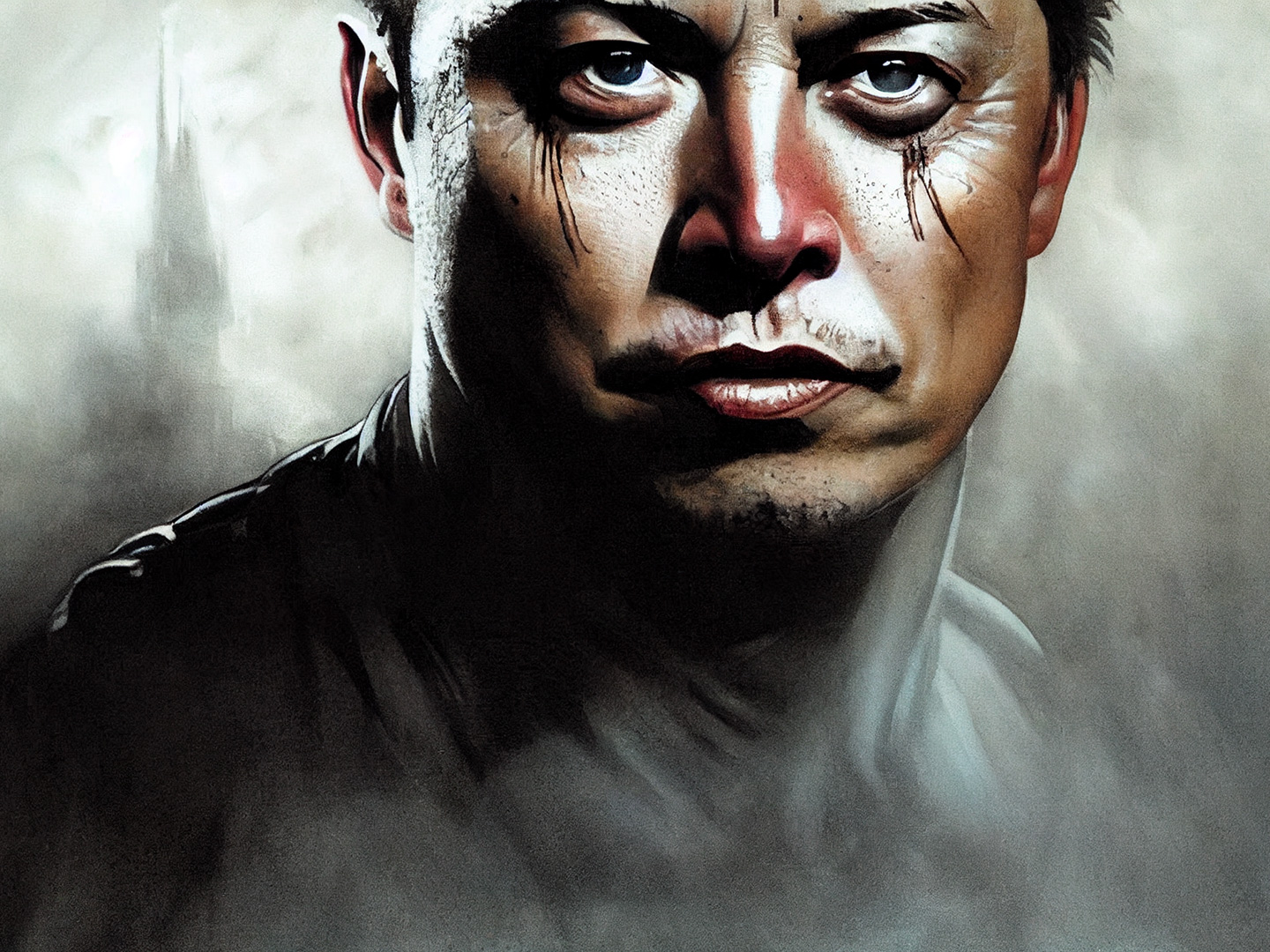When Elon Musk initially took over daily operations at Twitter he said the world would know he’s doing the right thing if both sides of the political aisle were ticked off. Well, people are upset, but not because the billionaire technocrat is doing a good job – and there’s data to show it.
On Sunday evening, Musk put out a Twitter poll asking if he should remain at Twitter’s helm. The votes are in, and 57.5% of respondents think Musk should step down. And if he’s a man of his word, he will.
If this sounds like an odd way to set the course of what is arguably the internet’s “town square” it’s at least consistent with Musk’s erratic and seemingly self-destructive management style since overbidding for the microblogging platform.
Last week alone, Twitter suspended multiple journalists’ accounts, moved to block off-site linking to competitor social media platforms and set a policy banning discussions of publicly-available flight data. All of this, of course, belies Musk’s stated commitment to free speech.
The self-contractictions are funny in the Shakespearean tragicomic sense that saw Brutus turn tyrannical after trying to prevent Rome from slipping into a dictatorship by the hands of Caesar. Musk banned a fan of his that tracked his private jet after specifically saying he’d protect for the sake of a higher principle. The man who reportedly read two books per day must be a student of dramatic irony.
For perhaps all but Musk’s peers this disastrous leadership has come as no surprise. Y-Combinator founder Paul Graham, who had supported Musk’s takeover, called his latest tantrum “the last straw” and directed readers to his Mastodon profile. His account was briefly suspended.
Still, the situation could be worse. Especially for crypto, the source of many of Twitter’s woes, Musk's erratic example has only proved the importance of democratically managed and open source platforms. (At the very least, Musk has promised all “major policy decisions” will be put to a vote.)
As Ethereum co-creator Vitalik Buterin put it, Twitter under Musk is on the path to “authoritarianism.” It’s worth noting that Musk has dissolved the company’s board, pushed out many of its executives and paid non-alligned employees to leave. Even if he steps down, as sole owner and director, Musk can appoint a successor CEO and micromanage as he sees fit.
Sponsored Business Content
“The problem is the way in which the policies were introduced, seeming to retrofit around Elon's views on very specific situations. Basically ‘central planning as overfitting’: https://radicalxchange.org/media/blog/2018-11-26-4m9b8b/… Good policy should be decided behind veil of ignorance first, applied second,” Buterin wrote, responding to fellow PayPal mafioso and Musk friend David Sacks.
Putting aside overzealous obituaries to Twitter, the possible collapse of the platform only helps reaffirm the belief that alternatives should exist. Social media, a relatively new phenomenon in the scheme of things, has been captured by mindvirus that monopolies are good – as explained by Peter Thiel in his influential “Zero to One” startup guide.
It’s true that network effects matter – having an overabundance of friends and foes on a website makes things fun. But the idea that software has to be captured by financial interests, that even publicly-traded firms should be controlled by supermajority stockholders is insane.
No one knows if it’s lights out for Twitter. The “vibes are off” and users and advertisers are leaving in droves. Musk himself claims the company is heading to bankruptcy. Things could also miraculously turn around, or the site could drag on for decades like debt-ladden, private-equity owned radio conglomerates.
And, to be sure, Musk hasn’t been all bad. It’s possible he kickstarted a trend across legacy tech towards leaner companies with a chance of turning a profit. And the so-called “Twitter Files,” select internal documents released showing how the U.S. federal government may have influenced content moderation policies should go further.
But the damage is done. Egoism is out, communities are in. Centralism is flawed, public goods are great. What Web3 makes of the moment is up to you, dear reader.
 Beincrypto
Beincrypto
 Beincrypto
Beincrypto Coindesk
Coindesk Beincrypto
Beincrypto Others
Others Coindesk
Coindesk Beincrypto
Beincrypto Nulltx
Nulltx Cointelegraph
Cointelegraph Cointelegraph
Cointelegraph Cointelegraph
Cointelegraph